Debt relief in Somalia and other African countries
On Wednesday, the World Bank and International Monetary Fund (IMF) jointly announced that Somalia is now eligible for debt relief under the Heavily Indebted Poor Countries (HIPC) initiative. Successfully completing the HIPC program will reduce Somalia’s external debt from $5.2 billion currently to $557 million in about three years. Somalia will also be eligible to receive new international funding for the first time in 30 years, including access to the IMF’s emergency aid grants to respond to the coronavirus pandemic. On Thursday, the European Union announced a $47 million grant to help Somalia clear its debt arrears. A number of Somalia’s bilateral creditors will also meet on March 31 to discuss debt relief, with Somali Finance Minister Abdirahman Duale Beileh hoping for 75 to 80 percent debt forgiveness and a multiyear repayment program. For more on debt relief and economic adjustments in conflict-affected states, see the October 2019 event during which the Brookings Africa Growth Initiative hosted Minister Beileh to discuss his country’s efforts toward debt relief.
In related news, the IMF and World Bank jointly called on bilateral creditors to suspend debt payments for the world’s 76 poorest countries to allow them to channel additional resources to fight the coronavirus pandemic. At the same time, Ethiopia’s Prime Minister Abiy Ahmed, in coordination with other African leaders, called on the G-20 to provide $150 billion for the continent’s response to coronavirus. Abiy’s proposal calls for additional funding for African health systems, partial debt forgiveness, and support for distressed businesses, among other things.
African governments respond to the spread of COVID-19
Like the rest of the world, Africa continues to grapple with the devastating effects of the spread of COVID-19. According to the World Health Organization (WHO), as of this writing, the disease is confirmed in 39 countries in the WHO Africa region with over 2,500 cases.
In response, governments have enacted a wide variety of strategies to contain the disease as well as mitigate its impact on their economies. South Africa, where the highest number of cases have been confirmed (over 1,100 as of this writing), implemented a 21-day nationwide lockdown starting at midnight on March 26. Notably, the WHO has adopted a WhatsApp platform by South African nonprofit Praekelt.org to deliver free automated responses with information on symptoms, travel advice, and numbers updates to its users. The platform had already been in use by the country’s health department.
On Sunday, March 22, Mauritius banned all entry—including that of both foreigners and Mauritian nationals and citizens—to the country for 14 days. That same day, Tunisia announced a 14-day confinement period, with exceptions for those working in certain essential activities. The next day, Uganda barred all incoming flights. Later in the week, it banned all public transport. Also on Monday, Ethiopia shut its land borders. Nigeria has banned all interstate travel.
Starting Friday, March 27, Kenya implemented a curfew between 7 p.m. and 5 a.m. Senegal, Cote d’Ivoire, and Sudan have announced similar curfews. Also in Kenya, President Uhuru Kenyatta and Deputy President William Ruto announced a voluntary pay cut of 80 percent. Kenyatta’s cabinet ministers are also taking cuts between 20 and 30 percent; Kenya’s parliament will similarly take one of 30 percent over the next three months. The Kenyan government has also proposed tax relief for the general population—100 percent for those earning under $240 a month, and a reduction in income tax of 5 percent for everyone else. Interestingly, an aversion to fish imports from China has caused the Kenyan fishing subsector to boom.
In positive news, Senegal has announced that researchers at its Pasteur Institute have begun validation trials on a $1, home COVID-19 diagnostic test that can produce results in as little as 10 minutes. In Cameroon, one of the rebel groups, the Southern Cameroons Defence Forces (Socadef), has temporarily called a ceasefire in its efforts to break away from the largely francophone Cameroon and create an English-speaking state, though other groups continue to fight.
On Thursday, the African Development Bank also sold $3 billion in three-year “Fight COVID-19 Social Bonds.” Meanwhile, the African Export-Import Bank has announced the creation of a $3 billion credit facility to help African countries battle the effects of the pandemic.
You can find more Brookings commentary on the COVID-19 pandemic here.
Nigeria and Chad hit by terror attacks led by Boko Haram
Two attacks by jihadist groups Boko Haram and the Islamic State in West Africa Province (ISWAP)—a Boko Haram splinter group—killed more than 140 soldiers this week in Chad and Nigeria. In Chad, 92 soldiers were killed by Boko Haram on Sunday, March 22 in the Boma peninsula near Lake Chad. The attack was the deadliest-ever attack by Boko Haram on Chad’s military forces. In Nigeria, 50 soldiers were killed by ISWAP in an ambush in eastern Borno state on March 23. The attack came after an attempted offensive against ISWAP by the Nigerian military that began over the weekend.
Boko Haram has been active in northeastern Nigeria since 2009, and over the past decade, along with ISWAP, has also spread into neighboring Cameroon, Chad, and Niger. According to the United Nations, approximately 36,000 people have been killed and almost 2 million displaced in northeastern Nigeria since the beginning of the Boko Haram insurgency. Despite regional efforts to defeat the jihadist groups, attacks have increased in recent months.
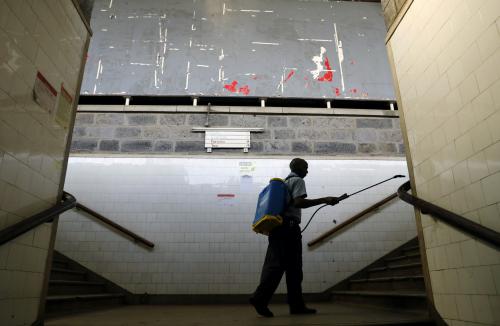
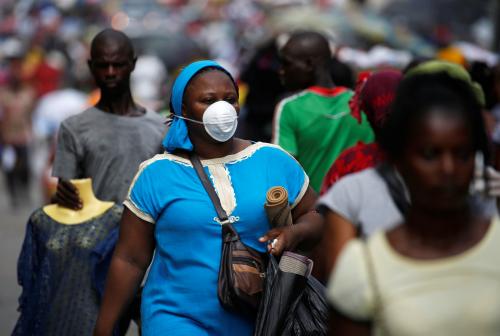
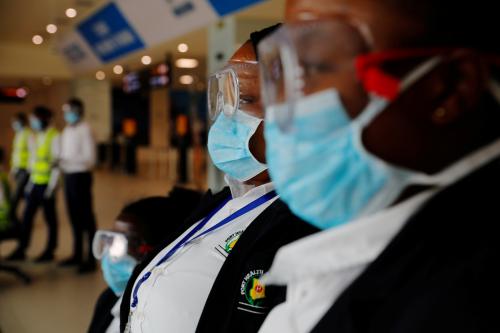

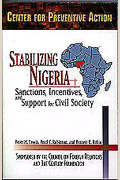


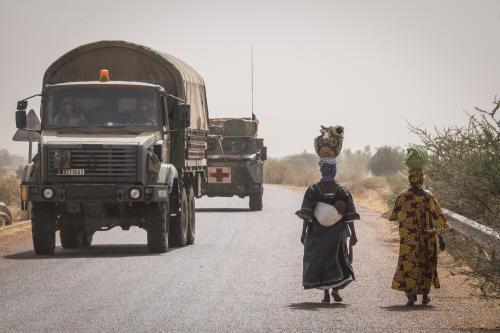

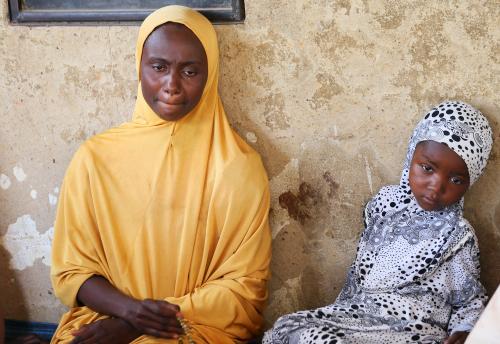
Commentary
Africa in the news: Debt relief in Somalia, government efforts to combat COVID-19, and new Boko Haram attacks
March 28, 2020